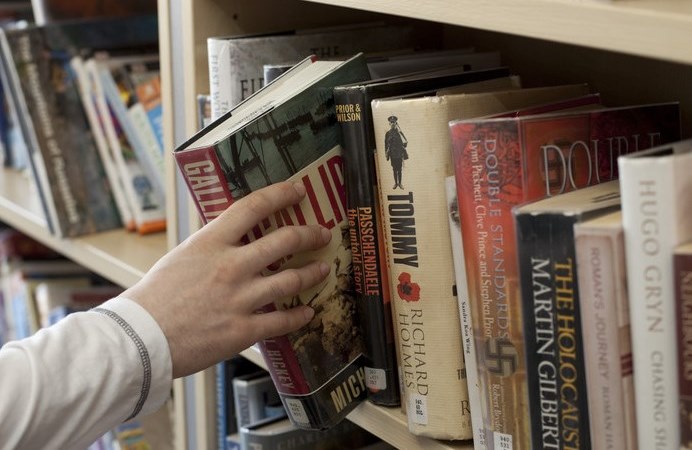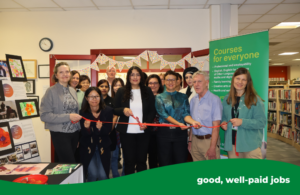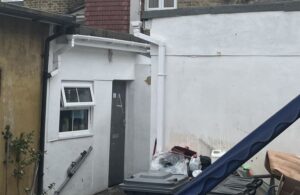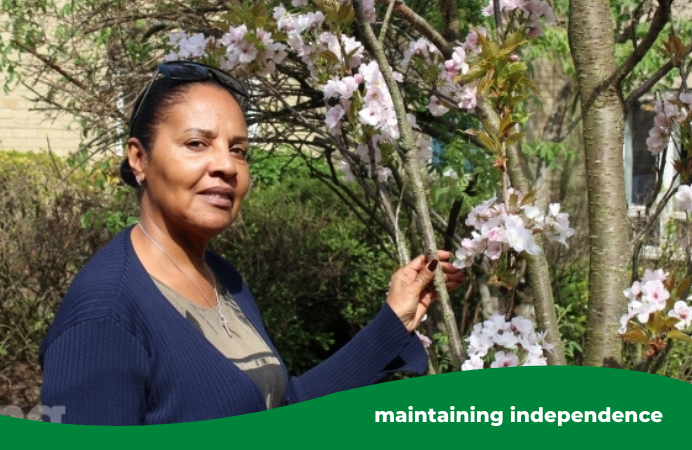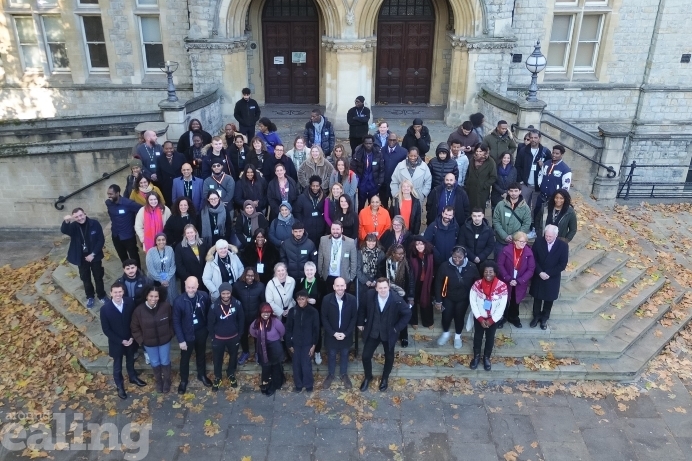Ealing Council’s cabinet will meet on Tuesday, 15 January to consider proposals on reshaping its library and children’s centres following a review of services.
If cabinet agrees, the council will publish a draft library strategy and draft children’s centre strategy which will set out the proposed future direction for both services ahead of full public consultations in February 2019.
The January cabinet report contains initial proposals that could save as much as £1.95million by 2021. This, alongside the £12.3million savings announced in December, would help to further close the £57million gap in the council’s budget. This gap is more than double Ealing’s total annual budget for children’s centres, libraries, street cleaning, rubbish and recycling collections combined.
The council will set its 2019/20 budget in February, including council tax bills for the year ahead. It will also consider further savings proposals including already agreed plans to reduce the council’s senior management team and to restructure the organisation to achieve greater efficiency.
Alongside other councils, Ealing is facing its toughest financial challenges in living memory after years of significant and sustained cuts. Since 2010 the council has lost £143million from its government grant, a reduction of 64%, greater than the London and national average. This means that for every pound in government funding it used to receive, it now gets just 36p.
By 2021, its government funding will disappear and it will have to fund its services solely through council tax, business rates, fees, charges and commercial income. At the same time, demand is higher than it has ever been.
In the face of its financial pressures, the council is considering changes to the way its libraries are structured; providing a comprehensive library service and putting more control into the hands of residents and local groups. If cabinet agrees, the council will consult on a plan to continue to operate six of its 13 libraries, changing their opening hours so libraries are open at times when they are most used.
The remaining seven could become community-managed libraries if interested groups and residents come forward with workable proposals and agree to take on their long-term management. This approach has been successfully used by other local authorities and the council has started discussions with some interested local groups.
Children’s centre provision could also change. Ealing currently has 27 children’s centres; seven main centres and 20 smaller linked sites.
When looking at the best way to secure the long-term sustainability of the service, the council’s objective has been to maintain a fair and accessible spread, while prioritising areas of greatest need. It proposes moving to a new model by delivering its early intervention and support services from 16 centres. Subject to consultation, services will remain the same at its seven main children’s centres and will either stay the same or be enhanced at nine of the remaining 20 linked sites.
Early years services will be reconfigured and reduced at the remaining 11 sites, although services provided by others, such as childcare and early education, will continue and could be expanded in some cases to meet local needs. Early health services could also continue to be delivered from some sites. It is possible that a small number of the linked centres could close, however the council will work with its partners to maintain services wherever possible. If the changes go ahead, Ealing would still have more children’s centres than most other London boroughs.
If cabinet agrees, public consultations could begin as early as February.
Councillor Jasbir Anand, cabinet member for business and community services, said: “These are not easy decisions, but with government cuts of this magnitude, we are forced to look with fresh eyes at how we operate and carefully consider how best to serve the people and areas that need our services most. For both the library service and our children’s centres, we have taken into account important factors such as local need, accessibility and geographical spread across the borough.
“There could also be exciting possibilities for local people to shape the future of some of our libraries. Last summer, we asked people if they would be willing to do more in their local area. Many seemed genuinely interested and, if the decision is made to proceed, we will need these people to step forward to support new community-run libraries. We want to keep our libraries open and we need local people to get involved.”
Councillor Yvonne Johnson, deputy leader of the council and cabinet member for schools and children’s services, said: “These are very difficult decisions, but a 64% government cut coupled with rising demand means that we are being forced to think differently. Through our Future Ealing programme, we are managing our limited resources in a way that protects valued local services and minimises the impact of government cuts as much as possible, and we remain committed to protecting the people that depend on us most.
“I would like to reassure residents that use our children’s centres that, although the early years services could change at some of our sites, if the decision is made next week to accept these recommendations, local childcare services will continue, and we will work with providers to try and expand this. In addition, our successful early intervention and support services will continue to be delivered from the remaining 16 sites.”
All proposals are subject to cabinet decision and full public consultations.
Ideas on how to get more involved in the local area are available at www.dosomethinggood.org.uk
